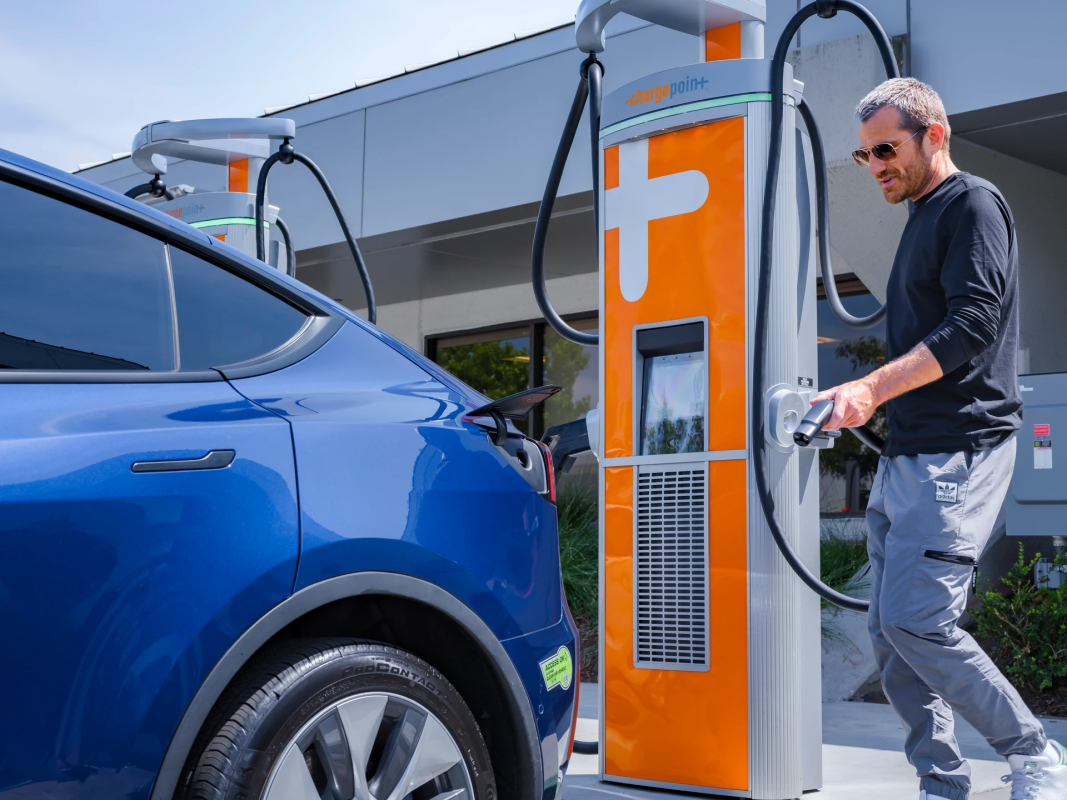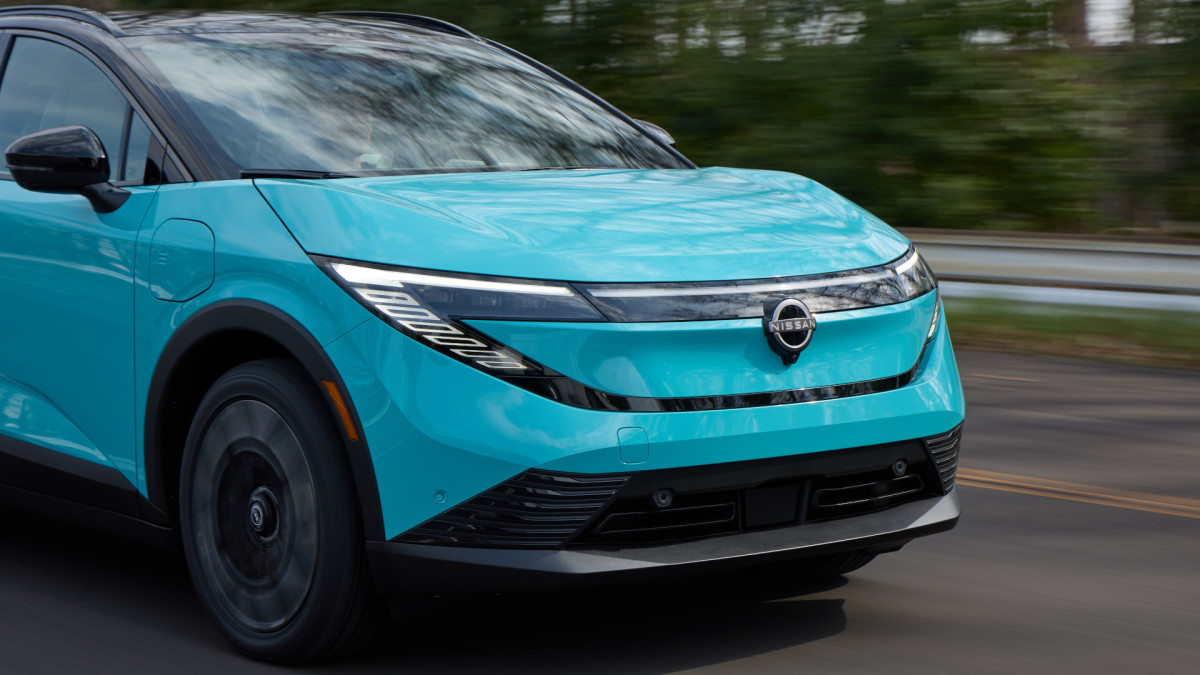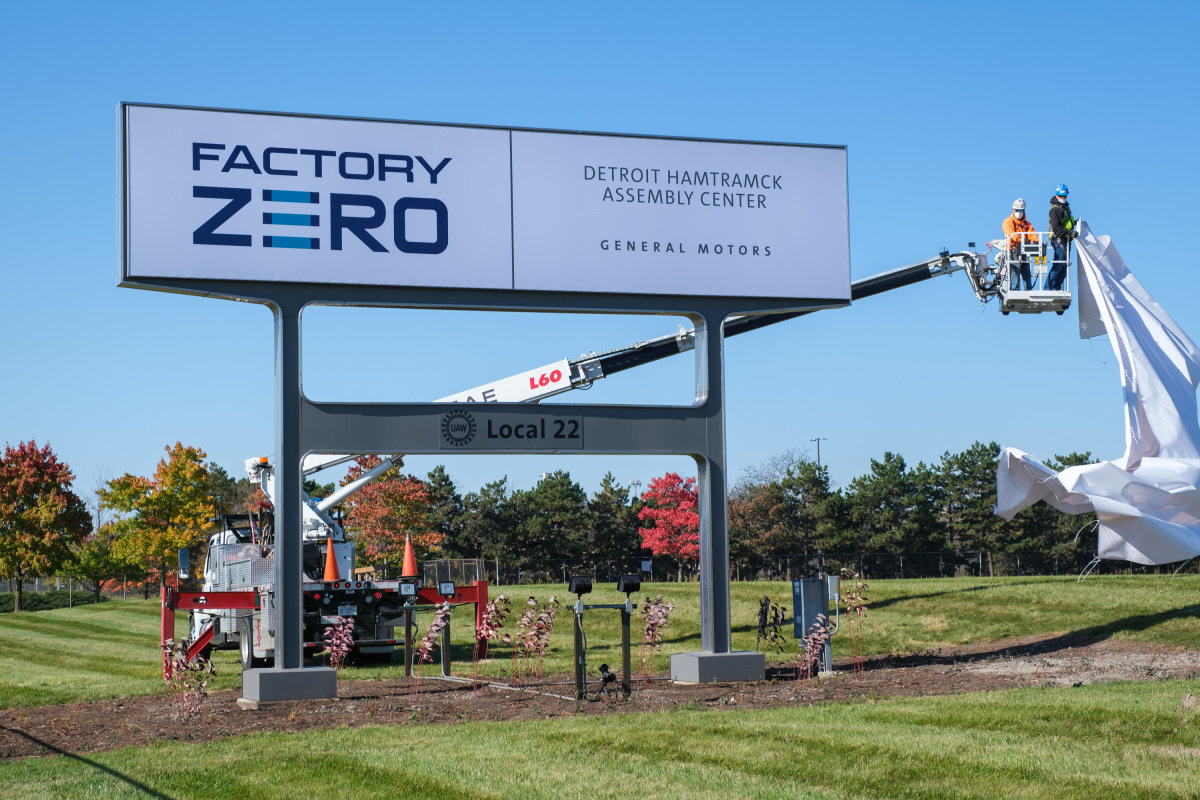EV Future at a Crossroads

The electric vehicle (EV) market in the United States is facing potential disruptions. Recent legislative proposals could end federal tax credits that many prospective buyers rely on to make EVs more affordable. Without these incentives, the widespread adoption of cleaner, electric technologies might slow down. Alongside the potential financial impact on buyers, automakers might also reconsider their strategies for transitioning to electric lineups. Here’s what’s happening and what it might mean for the future of the EV market.
Tax Credit Changes

Under consideration is a Senate Republican bill which proposes ending the $7,500 new EV tax credit within 180 days and the $4,000 used-EV credit within 90 days. Such a move could significantly impact the national EV market, affecting purchase decisions and automaker plans. However, California officials are prepared to counteract any reduction in federal support with state-level incentives, primarily targeting lower-income households. Proposed programs might emphasize assistance for certain vehicle types and lesser-known brands to maintain a competitive landscape.
The state has indicated it might use cap-and-trade revenues to fund these initiatives if federal incentives vanish. This doesn’t just stop at new purchases—there’s support for used vehicles too. Governor Gavin Newsom is leading efforts to ensure that California remains a strong advocate for EV adoption, promising active proposals to re-introduce vital rebates.
California’s Support

Despite the closure of the Clean Vehicle Rebate Project, California offers several programs:
Clean Cars 4 All & Driving Clean Assistance Program
- Up to $12,000 for purchasing or leasing an EV plus $2,000 for home charger installations.
- Targeted at low- to moderate-income families.
- Available for both new and used EV models.
Utility Rebates
- Pacific Gas and Electric, Southern California Edison, and others provide rebates for EV purchases.
- Rebates range from $1,000 for general applicants to $4,000 for qualified income-restrained buyers.
Home Charging Incentives
- Rebates available for Level 2 charging stations, including equipment and installation costs.
- Provided through various local utility and clean energy programs.
Looking Ahead
The EV market is at a pivotal moment. While legislative landscapes are shifting, the commitment of automakers to electric vehicles remains steadfast. These manufacturers are forging ahead with investments in electric technology and infrastructure, underscoring a strong market momentum that seems hard to derail. The art of navigating these uncertain waters lies in being informed and ready to capitalize on existing incentives while being adaptable to new ones.
Prospective EV buyers should take advantage of available state and utility rebates, especially if federal incentives are disbanded. Useful resources like the Clean Vehicle Grants Project and DriveClean California provide up-to-date information on initiatives and rebates, ensuring potential buyers maximize their savings and contribute to a cleaner automotive future.
Relocating EVs Safely
Corvette ZR1X Unveiled
Bronco Gets a Fashion Spin
G-Wagon Off-Road
Corvette E-Ray Deals